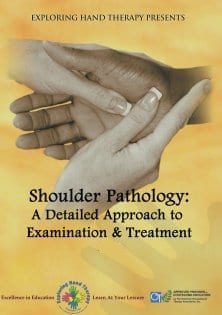
Shoulder Pathology: A Detailed Approach to Examination and Treatment
| CONTACT HOURS: | 6.5 Hours |
| CEU: | 0.65 |
| AOTA: |
Domain of OT, OTP, Check Accreditation
|
| NBCOT®: | 8 PDUs |
| STATE: |
AL 20-171455 6.5hrs FL 20-171455 6.5hrs |
This interactive movie presentation will provide the participant with a biomechanical overview of the shoulder and will discuss common causes and strategies for addressing Shoulder Pain. Shoulder Rehabilitation Add-On Digital Book available to add 4 more credit hours.
PDF course manual included.
Buy Now
$218.00
Description
*University & multi-center Licensure available upon request; all courses single user only
*8.0 NBCOT® PDUs
*Watch on your idevices, smart phones, tablets and MORE
Domain of OT, Occupational Therapy Process
This Interactive movie presentation will provide the participant with a biomechanical overview of the shoulder and will discuss common causes and strategies for addressing Shoulder Pain. As hand therapists evolve into specialists for management of the entire upper extremity the need for a comprehensive understanding of shoulder function and shoulder pathologies becomes more evident. After a review of shoulder anatomy and biomechanics, the pathomechanics of the rotator cuff, the capsule ligamentous complex, and biceps mechanism will be reviewed. Assessment methods and treatment strategies will be taught, including surgical assessment; exercise based conservative management techniques, surgical management and post-operative treatment perspectives. This movie course utilizes anatomic software, video and case presentations to enhance learning.
Mixed level learning course – Instructional Methods include PowerPoint presentation, lecture, and video to enhance understanding. Upon successful completion of the examination (80%) your certificate will be available in your account Dashboard.
Objectives
- Upon completion of this course the participant will be able to describe the anatomy and biomechanics of normal shoulder motion.
- Upon completion of this course the participant will become familiar with the pathomechanics of shoulder pathologies such as rotator cuff and other sub-acromial pathologies, labral and capsuloligamentous pathology.
- Upon completion of this course the participant will be able to describe effective conservative and postoperative treatment interventions based on evaluative data and surgical intervention.
Outline
The course will be presented in units. Each unit will address a particular area of shoulder function. The participant will be able to complete a post-test that will demonstrate their mastery of the subject matter.
- Normal Anatomy and Biomechanics. In this unit, the student will review normal skeletal, muscular and nerve function of the
shoulder complex. Particular emphasis will be placed on periscapular and rotator cuff function. - Skeletal injuries. In this unit, the student will be introduced to strategies to address fracture and joint pathology of the shoulder. Considerations for management of the proximal humerus, mid shaft and glenoid fractures will be presented. The discussion will then progress to a consideration of arthritic conditions of the shoulder. This section also reviews bursitis and frozen shoulder techniques.
- Soft tissue injuries. In this section, the student will view the skills needed to perform an assessment of shoulder pain and development treatment strategies for a variety of sub acromial syndromes including rotator cuff tear/arthropathy, and the main source of soft tissue pain: impingement syndromes. Clinical examination and treatment.
After 27 years of clinical practice, Paul has completed his MHS from the University of Florida in 2007. Paul now resides in Manchester, N.H. and is the clinical lead in hand therapy at Concord Hospital in Concord, New Hampshire.
8 reviews for Shoulder Pathology: A Detailed Approach to Examination and Treatment
- Participants have one year to access the CEU course and exam to obtain CEUs.
- NBCOT® is a registered trademark of the National Board for Certification in Occupational Therapy, Inc. and does not promote or endorse our specific courses, services or training.

Treatment2go is an AOTA Approved Provider of professional development. PD approval ID #3397. This distance learning-independent activity is offered at 0.65 CEU’s, intermediate, foundational Knowledge. The assignment of AOTA CEU Does not imply endorsement of specific Course content, products, or clinical Procedures by AOTA.
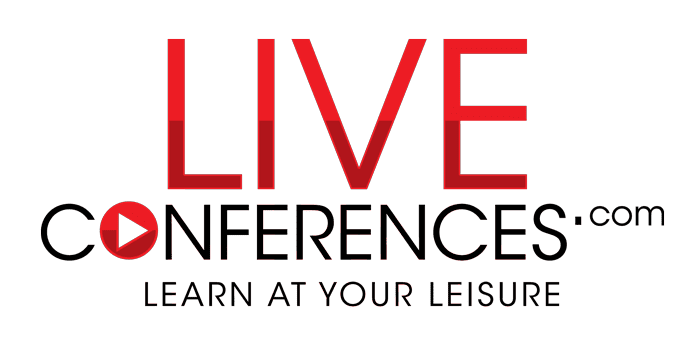
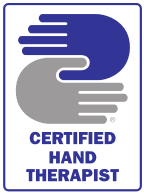
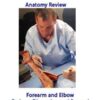
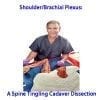

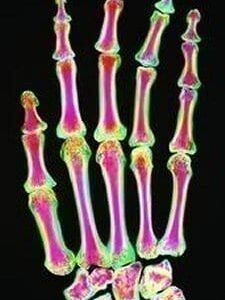
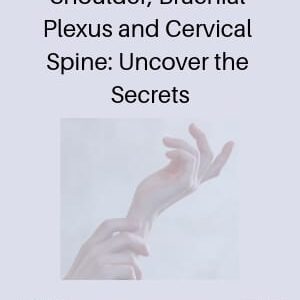




Anonymous –
Very detailed and complete. The best CEU I have purchased so far.
How about more on Cervical Spine
Anonymous –
very good
Kathy Randall –
Good overview.
Anonymous –
Excellent!! Paul does an awesome job. He’s fun to watch and does a great job at explaining. Could make it look more professional by choosing something besides hospital gown for the models to wear.
Anonymous –
I really enjoyed this course. Paul was both informative and fun to listen to. He is obviously experienced with shoulder treatment. Great anatomy review and slides.